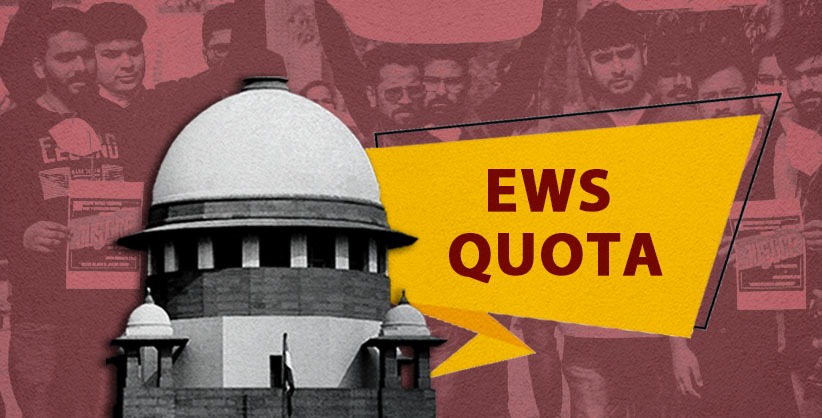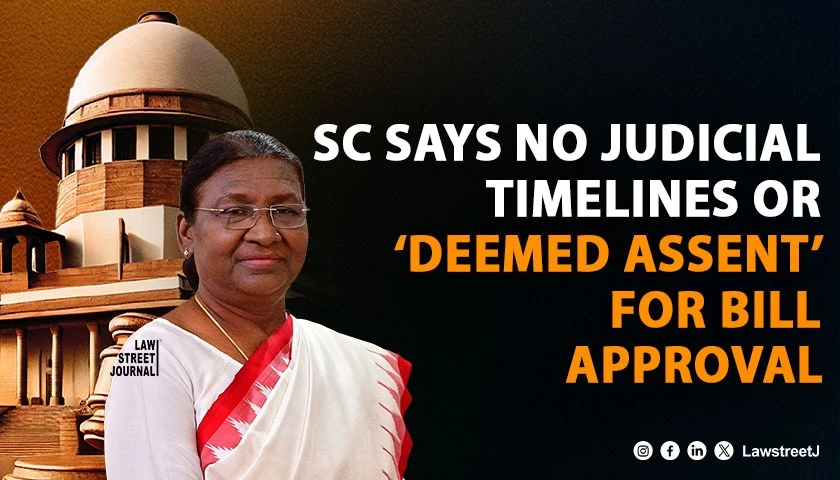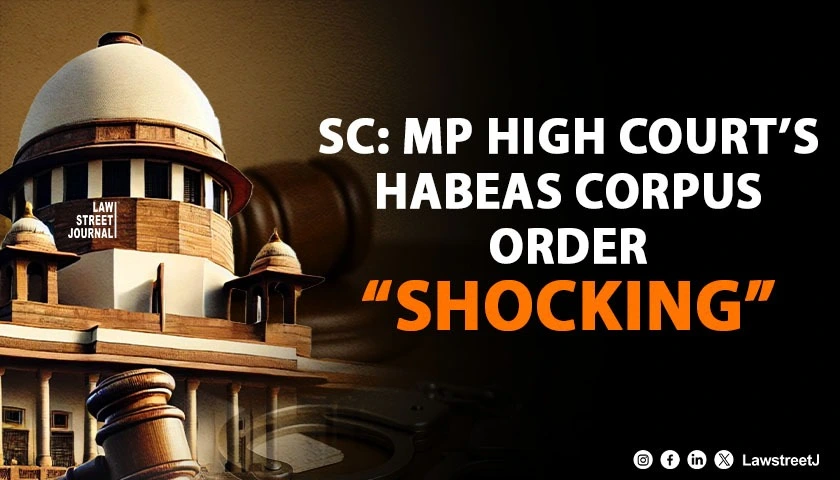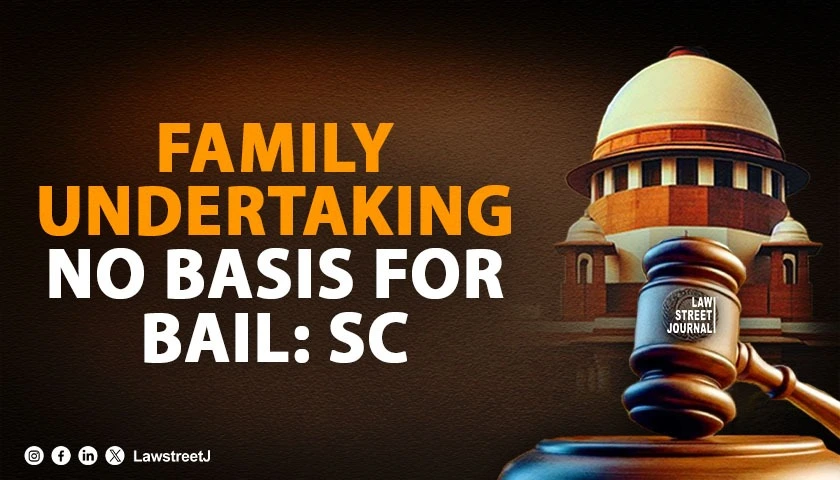NEW DELHI: In a major boost to the Union government, the Supreme Court on Monday by a majority view declared 103 rd Constituional Amendment providing 10% quota for Economically Weaker Sections in jobs and education.
It was for the first time that the Narendra Modi government by the 2019 constituional amendment decided to give reservation to the people other than the SC/STs and OBCs on the basis of economic criterion.
A five-judge Constitution bench headed by Chief Justice of India U U Lalit passed the decision by 3:2 holding the decision does not violate the basic structure principle of the Constitution.
The judgement was delivered on a batch of petitions filed by NGO 'Janhit Abhiyan' and others.
Justices Dinesh Maheshwari, Bela M Trivedi and J B Pardiwala pronounced their own separate but concurring judgements upholding the validity of the law.
CJI Lalit and Justice Bhat, however, declared the amendment as unconstitutional.
Justice Maheshwari, in the judgment, said the EWS quota law does not violate the basic structure or equality code for taking into account the economic criterion.
He said the EWS reservation does not cause damage to any essential feature of the Constitution by exceeding the 50 % ceiling for quota since the ceiling is itself not inflexible. Justice Maheshwari also declared 50% ceiling fixed by the Indra Sawhney judgement (1992 Mandal Commission by nine-judge bench) was in respect of socially backward classes.
Justice Trivedi said she concurred with the judgment passed by Justice Maheshwari. Trivedi said the EWS quota is valid. But she also favoured for having a relook at the premise of reservation.
Justice Pardiwala also ruled in favour of the EWS quota. He also said that the reservation cannot continue indefinitely to created vested interests.
He also said reservation is not an end but means to secure social and economic justice.
However, Chief Justice Lalit and Justice Bhat dissented with the other three judges on the bench.
Story to be updated.












